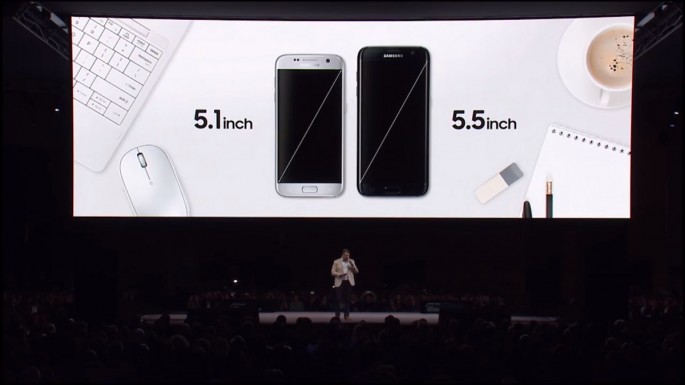Reviews made so far on the twin Samsung flagship, the Galaxy S7 and S7 Edge, indicate that it is the smartphone to beat this 2016. Some even declared that even the iPhone 7 on release date will not change the seemingly firming up conclusion that Samsung has assembled a nearly perfect handset.
But how exactly will the Galaxy S7 fare against the competition? Will the device prove as the game-changer that Samsung has been aiming to produce for years?
On its review, CNET picked the S7 as the better phone for a number of things. Foremost is the camera that the publication said performs better in low-light setting. Add to that is the superfast autofocus that only contribute to the growing belief that Apple fans will need to wait for the next iPhone to again claim the smartphone throne.
But BGR is convinced that even the iPhone 7 will not make a difference. "The Galaxy S7 edge will likely still be the best even in late September this year after Apple unveils the iPhone 7," the report said, adding that the hardware and design deployed with the GS7 made it the best smartphone around.
The Galaxy S7, however, is far from perfect. As CNET noted, the fingerprint readers lags behind Touch ID in terms of speed. And the device still lacks removable battery, which is the compromise that came with the welcome solid and gorgeous build.
Thankfully, Samsung heeded the call to bring back the microSD slot. As a result GS7 buyers have the option to expand the built-in 32GB of storage by up to 200GB. Now this is one advantage that iPhone users will be jealous of for a long, long time.
But one thing really working against the Galaxy S7, and for that matter all Android flagships, is the operating system. It is lean and restrained now in the GS7 but the ills and issues remain. True, Android has considerably improved over the years but it remains inferior to the healthy ecosystem that is iOS.
The tussle between Android and iOS all boils down to user experience and on that respect, "Apple is still king when it comes to user experience," BGR said on its report, adding that "if you want a simple and versatile user experience that is impossibly smooth, Apple's iPhone is the clear choice."
To illustrate how problematic Android is, CNET pointed to Google's vanilla Android Nexus 6P. Having a stock Android, the handset is assured of getting software patches and updates the moment they become available. For Galaxy S7 users, who will enjoy Android Marshmallow right out of the gate, getting Android N will entail frustrating wait time of up to six months.
And it should be noted that premium as the Nexus 6P is like the Galaxy S7, though in different levels, the former will not break the bank because it is a high-end flagship that is reasonably priced at the same time. Not the case for the pricy Samsung Galaxy S7, which starts at around $700 and certainly more expensive than any of the iPhone 6S and Nexus 6P in many cases.
Now check out a comparison clip of the Galaxy S7 against some leading Android flagships below:



























